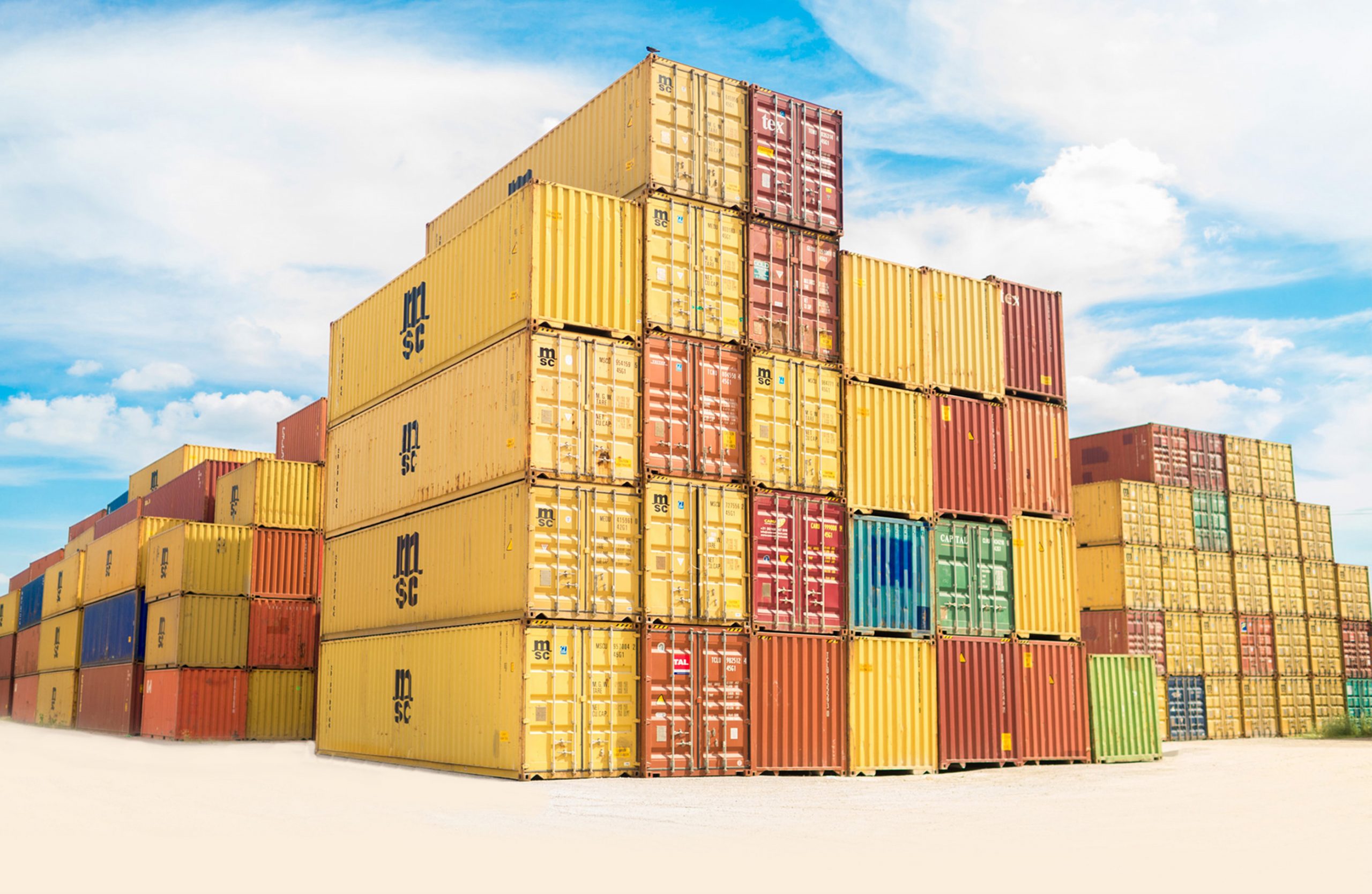It is nearly impossible to digest the latest coverage of Covid-19, without reading or hearing of severe supply chain disruptions. Whether it is tales of toilet paper shortages at the grocer, delays in Amazon Prime deliveries, or critically low stock of ventilators and masks, everyone is painfully aware of gaps in supply chains. Does all of this spell the end of the great experiment in globalization, outsourcing in low-cost countries, and private sector management of public services? Absolutely not, but there will be deep, long-term revisions to our economy and the way government and industries conduct business.
Resurgence of Vertical Integration
During the current pandemic, supply chain disruptions have been numerous and obvious. Frequently, those shortages include a perceived lack of manufacturing control. As foreign production is involved, many are left to wonder why a country would so jeopardize its security. Let us first clarify terms and concepts, as confusion does not help.
Outsourcing speaks of the transfer of processes an organization used to do for itself, to another. That new supply chain partner may well be within the same country or even the same facility. Businesses and governments frequently determine that manufacturing a component or conducting a service need not be a core competency for them. In such cases, it can make very good sense to contract with another party who has deeper expertise and perhaps greater scale.
There are many other valid strategic reasons organizations elect to outsource, including cost, quality, access to technology, and those reasons will remain. Engaging a strong supplier in a long-term relationship can be a powerful risk mitigation strategy, giving you redundant sourcing options in times of crisis. But what Covid-19 has shown many organizations is the need to rationalize their sourcing strategies and conduct thorough risk assurance, especially when critical stock is involved. Look for businesses and government to begin insourcing, self-performing again those items deemed of high risk or high impact.
Reshoring of Critical Supply
Of particular concern in this current pandemic are the instances where vulnerabilities to foreign interests have been revealed. China reportedly acted in their own interest by seizing inventories of goods and manufacturing capacity for N95 masks and other critical items. As a result, US businesses could not supply their customers, including government and healthcare sectors. These disruptions included both outsourced production and US companies with manufacturing facilities in China.
While outsourcing speaks of transfer of processes to another, offshoring is the practice of relocating an operation that was previously domestic, to a foreign country. The two terms are frequently confused, but they are critically different. When offshoring, a business may remain the primary owner of the assets involved, though at times joint ventures are the legal structure. For example, it is GM’s design studio and factory in China; they have not outsourced production of Buicks to a Chinese company. Similar to outsourcing, there are many valid strategic reasons to move an organization’s operations offshore. Doing so frequently gains access to lower cost labor, desired raw materials, or new consumer markets.
But just as with outsourcing, offshoring brings its own set of risks. Covid-19 illustrated the false sense of security organizations carry when they choose to offshore their own operations, much less outsource them in a foreign country. Both businesses and governments will be actively re-assessing their supply chains for existential threats. Governments have long restricted the transfer of cutting edge technologies with military applications and we should expect them to do the same with critical medical and food supplies going forward.
Rise of the Medical-Industrial Complex
Most will be vaguely familiar with the phrase, military-industrial complex, as it has been in colloquial use even longer than outsourcing or offshoring. These iron triangles of government, military, and industry are frequently publicly protested. Though not new, less familiar is the similar concept of medical-industrial complex. Yet, its exponential growth may well be the largest long-term result of Covid-19.
Buried deep within the eight-hundred-plus pages of the CARES Act are the bones of what will become the next great exponential economic engine. Medical breakthroughs will result, businesses will be built, profits will be made, and political careers will flourish; but it remains to be seen at what cost. A few short weeks into this pandemic and the US is already straining against its libertarian heritage, with some citizens concerned about a perceived erosion of civil liberties.
For the moment, we seem to have grown comfortable with the idea of massive deficit spending. It may be that this new machine being built will set the flywheel spinning again at a pace sufficient to feed its hunger and quell our populist fears of debt and deficit, once and for all. The medical-industrial complex is built at a national level, so only a few fortunate nations will have the sovereign currency and economic growth necessary to sustain such activity. Long-term investment commitments of such scale have the potential to greatly improve the realities of many, while also creating new chasms of inequity and inequality.
About the Author
Larry Wigger currently serves UMKC’s Henry W. Bloch School of Management as Assistant Teaching Professor of Supply Chain and Operations Management. Larry is in the latter stages of his PhD in Economics at UMKC and holds both a Master of Science in Supply Chain Management and a general MBA from Elmhurst College and a BA in Business Administration from William Jewell College. With over twenty years of progressive and varied management experience, Larry’s expertise includes the full range of supply chain management activities, strategic leadership in multiple business start-ups, as well as, operations, project and program management.
Larry’s experience includes 15 years in the petroleum industry, frequently focused on supply chain management roles, including all facets of demand planning, material forecasting, strategic sourcing, contract negotiation, tactical procurement, 3rd party logistics, continuous improvement, life-cycle cost and sustainability. Additionally, Larry has held equity leadership positions in multiple start-ups across the construction and project management industry. These activities have included consultancy and at-risk construction work for major global petroleum, retail, and hospitality clients, support services in the recent fracking boom, and three years of post-earthquake construction projects in Port-au-Prince, Haiti.
Photo by frank mckenna on Unsplash

